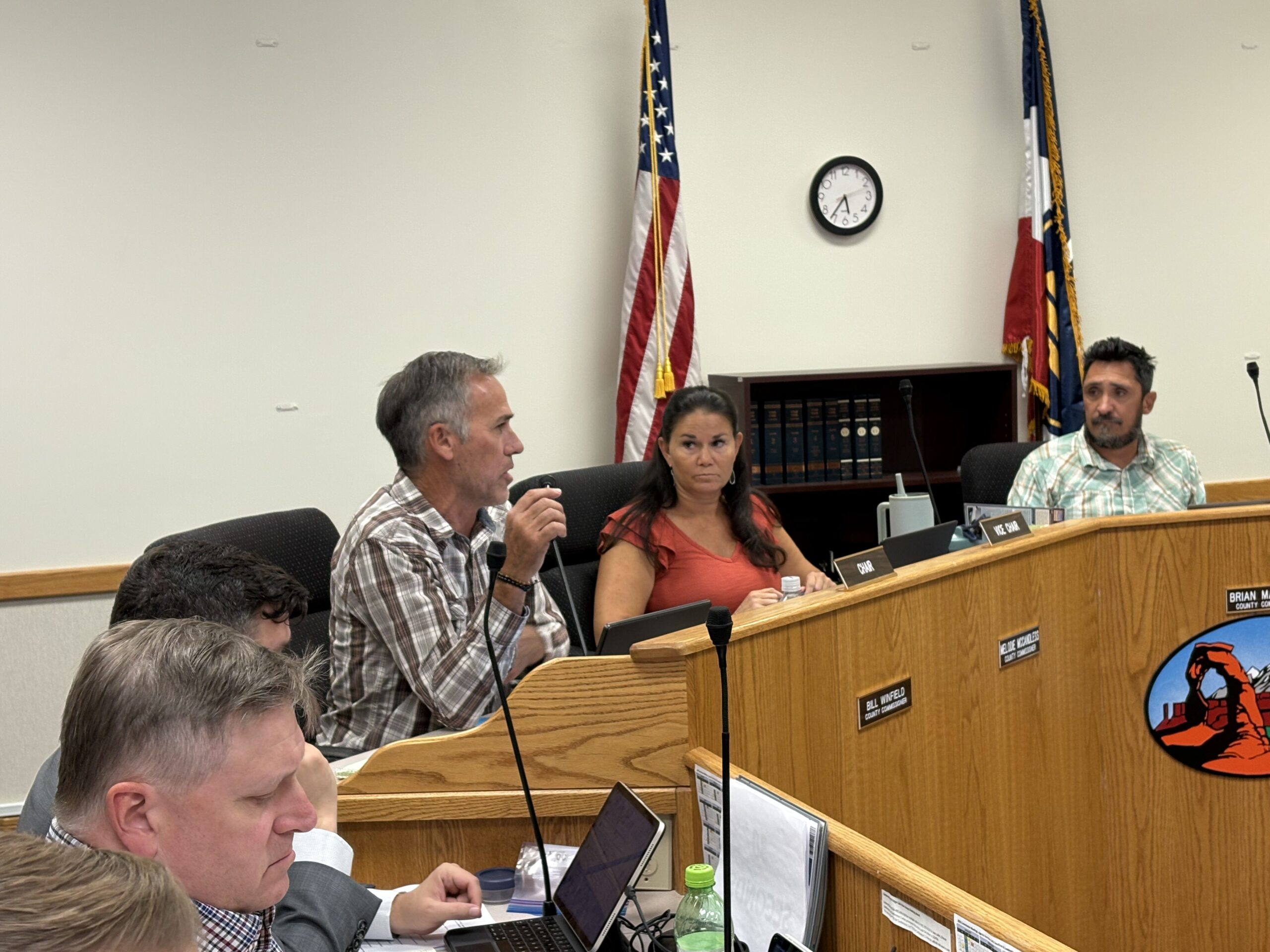Insider Reveals: Toxic Culture Corrodes County Government's Core

I've reached my breaking point with the toxic atmosphere that surrounds me. For too long, I've been forced to advocate for my basic right to be treated with respect and dignity. No one should have to repeatedly justify their worthiness of basic human decency.
The constant battle of defending my right to be spoken to appropriately has become exhausting. I'm weary of the hostile interactions, the dismissive attitudes, and the subtle microaggressions that chip away at my sense of self-worth. It's time for a change—a fundamental shift in how we communicate and treat one another.
I refuse to continue apologizing for expecting to be heard, understood, and respected. My voice matters, my feelings are valid, and I deserve to be treated with the same courtesy and consideration that I extend to others. The era of tolerating disrespect ends now.








